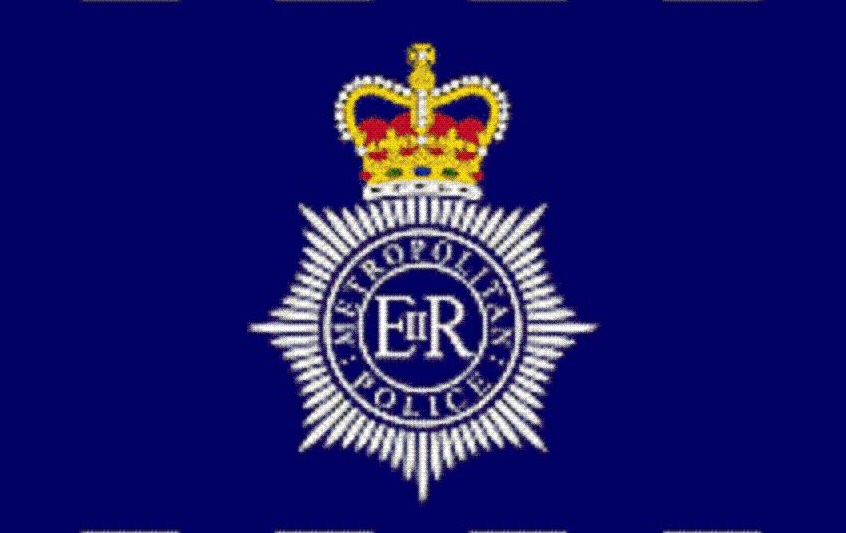25 July 2019
Beech Convicted
Proctor’s statement.
By Robert Kilconner
Harvey Proctor’s statement following the conviction of Carl Beech (the witness who sparked the false allegations of child abuse against a number of public figures including Edward Heath, Lord Bramall, Sir Maurice Oldfield, Leon Brittan and, of course, Mr Proctor himself) is truly heartrending. What a terrible dystopian world it must be when you are falsely accused of appalling crimes and no one is listening to your denials. Not your friends; not the police; not your fellow MPs; no one. Your career is destroyed. Your reputation is destroyed. Your life is destroyed. In some cases (not that of Mr Proctor himself but that of Leon Brittan), you die believing that your life’s work will count for nothing and that you will always be remembered as evil, as a pervert and possibly as a murderer.
And yet this fate has been inflicted on some of our most distinguished citizens, largely in their old age. Yes, compensation has been paid. That is not, however, enough. There needs to be an enquiry into what went wrong, for two reasons. The first is to expose the roles of those who contributed to the disaster so that they suffer some of the consequences of their actions. The second is to prevent it ever happening again.
First in the frame are the Metropolitan police who gave credence to allegations which now turn out to be completely untrue. There must have been straws in the wind, the allegation that Edward Heath abused a child on his boat Morning Cloud for example, a practical impossibility on a racing yacht without the crew knowing what was going on. Then there was the obvious point that the allegations were suspiciously spectacular. The old rule “if it’s too good to be true, it probably isn’t” should surely be a mantra in the field of detection. No doubt there were other clues too that professional investigators should have picked up on and yet they plunged dismally on. Perhaps there came a time when they realised the truth but had just gone far too far to turn back.
As far as the police are concerned we need to know who made mistakes and why and what can be done to stop it ever happening again. The enquiry took place in a post-Savile environment when the emphasis was heavily on giving credence to victims but that is really no excuse. Detectives are supposed to be expert in working out what happened and they completely failed to do so. Or perhaps some of them had their suspicions but not the courage to go against the prevailing orthodoxy.
So how do you cure that? Is more training the answer and, if so, what should you train the police to do? Listen more to the accused? Try to ignore the pressures from the politicians and from the public baying for blood? It doesn’t sound very likely to work, does it?
No, from the police’s point of view the problem is not one of training but of recruitment. They are far too siloed and they need an injection of confident, well-educated officers who will bring the type of criticism and independence of thought found outside the service. That doesn’t mean more training or that all recruits should have degrees or anything like that. It means that there should be a current of middle class officers joining, passing through and leaving the force just as there would be with any commercial concern. I’m not advocating an officer class – the very nature of policing means that the man or woman on the ground has to make decisions and not just accept orders – but a cohort of people who, with degrees in music, history, languages, classics, the sciences and any other subject you care to mention, would bring with them the disciplines and ideas that that sort of education brings. Some of them would stay a bit and then leave. Others would jostle for higher ranking positions with those from a more conventional police background. They would however bring in daylight and confidence and those qualities seem to be in demand at the moment. They are the very qualities which are needed to prevent Operation Midland ever happening again.
Some readers may be sceptical about this but, if so, they should ask themselves two questions. The first is how many children they know are going into the police in comparison, say, to the military? If that number is low, or none at all, why are there so few, bearing in mind what an interesting and rewarding job modern policing must be?
It is not just the police, however, who would come under the microscope in enquiry. There are those who, seeing establishment figures in difficulties, decided to “hunt with the hounds” rather than question what was being said. The Labour Deputy Leader, Tom Watson has apologised for his role and admits his mistake. Fair enough, but I hope that just occasionally he has nightmares about what it would be like to be hunted in the way that Harvey Proctor was. In any case he is not alone. There were others in both political parties who took up the cry and one purpose of the enquiry would be to establish just who they were and why they did so.
This is a miserable story and sometimes the best course is to just to move on. If that is your view in this case you should read to Mr Proctor’s statement. It will change your mind.


